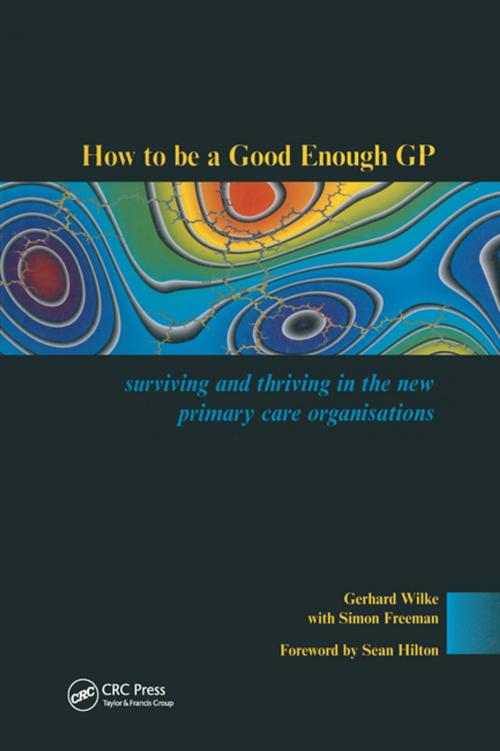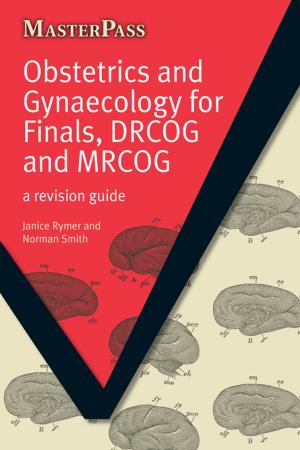How to be a Good Enough GP
Surviving and Thriving in the New Primary Care Organisations
Nonfiction, Health & Well Being, Medical| Author: | Gerhard Wilke, Simon Freeman | ISBN: | 9781315348469 |
| Publisher: | CRC Press | Publication: | April 19, 2018 |
| Imprint: | CRC Press | Language: | English |
| Author: | Gerhard Wilke, Simon Freeman |
| ISBN: | 9781315348469 |
| Publisher: | CRC Press |
| Publication: | April 19, 2018 |
| Imprint: | CRC Press |
| Language: | English |
The upheavals of the NHS reforms have caused a great deal of stress and uncertainty in primary care, and professional development and support for general practitioners needs to take account of this. This book offers a group supervision model which can be used to develop the core competencies needed for GPs to make the new primary care organisations work. The book analyses how primary care professionals have dealt with the various reforms of the past decade, and picks apart the paralysing culture of politeness, conflict avoidance and rivalry for power, to reveal how at the core of reform is the struggle for each GP to construct a new professional identity which integrates medicine, management and politics. It proposes ways GPs can benefit from these experiences to become equipped with the necessary competencies to be active members or dynamic leaders in the new primary care organisations. The doctor-patient relationship is no longer one-to-one, but located within a group matrix, in the same way that a GP is now required to work within a group framework. This book enables GPs to develop the essential group skills they now need, and on which the success of the healthcare reforms ultimately depends.
The upheavals of the NHS reforms have caused a great deal of stress and uncertainty in primary care, and professional development and support for general practitioners needs to take account of this. This book offers a group supervision model which can be used to develop the core competencies needed for GPs to make the new primary care organisations work. The book analyses how primary care professionals have dealt with the various reforms of the past decade, and picks apart the paralysing culture of politeness, conflict avoidance and rivalry for power, to reveal how at the core of reform is the struggle for each GP to construct a new professional identity which integrates medicine, management and politics. It proposes ways GPs can benefit from these experiences to become equipped with the necessary competencies to be active members or dynamic leaders in the new primary care organisations. The doctor-patient relationship is no longer one-to-one, but located within a group matrix, in the same way that a GP is now required to work within a group framework. This book enables GPs to develop the essential group skills they now need, and on which the success of the healthcare reforms ultimately depends.















